Can Allergies in Dogs Cause Diarrhea and Vomiting? Explained
When your dog suddenly starts having loose stools or vomiting, it’s easy to think it just ate something bad—but the real cause may be allergies. Yes, can allergies in dogs cause diarrhea? The answer is yes. Allergic reactions in dogs—whether from food, dust, seasonal allergens or fleas—can trigger inflammation in the gut and lead to diarrhea, vomiting or other digestive upset. The good news: once you correctly identify the allergy trigger and treat it along with supporting the gut, you can restore your dog’s health and comfort.

How Allergies Affect a Dog’s Digestive System
Immune reaction and gut inflammation
In allergic dogs, the immune system mistakes harmless substances (like a food protein or pollen) for threats.
That triggers an inflammatory response that can affect the intestines, increasing permeability and disrupting the gut lining.
The result: digestive symptoms such as diarrhea, vomiting or gas—even though the trigger might seem unrelated to food.
Why this gets misdiagnosed
Digestive upset from allergies often looks like a stomach bug or food poisoning.
Because the real culprit (for example, dust mites or seasonal pollen) isn’t obvious, many owners miss the connection.
Understanding can dogs throw up from allergies helps pinpoint allergy-related GI issues early.

Common Allergy Types and How They Can Cause Digestive Issues
Food allergies
Food triggers like beef, chicken, dairy or wheat may cause true immune-based reactions.
Symptoms often include skin signs (itching, redness) and sometimes gut signs: vomiting or diarrhea.
Dogs with suspected food allergies may benefit from a prescription diet or elimination diet.
Environmental and seasonal allergies
Allergens like pollen, mold, dust mites can trigger systemic immune responses.
Yes, can seasonal allergies cause diarrhea in dogs? In some cases, yes. Inflammation from inhaled allergens can affect the digestive tract indirectly.
Symptoms may worsen in high-allergy seasons or after exposure to allergenic environments.
Flea‐allergy and contact allergies
Flea saliva can trigger strong allergic reactions in dogs, mostly seen as skin disease—but persistent licking, stress and skin damage may impact gut health.
Contact allergens (chemicals in cleaning products, grooming products) may provoke immune stress and lead to mild digestive upset when dogs lick or ingest residues.

Recognizing the Symptoms: Beyond Just Diarrhea
Digestive system signs
Loose stools or diarrhea, sometimes with mucus.
Vomiting—especially after the offending exposure.
Increased gas, bloating, or frequent bowel movements.
Reduced appetite, weight loss in chronic cases.
Skin and itching signs
Itchy skin, especially paws, ears, belly.
Because the dog is scratching or licking, the gut may be secondarily affected.
Respiratory and other signs
Sneezing, coughing or wheezing from inhalant allergens.
Restlessness, poor sleep, behavioral changes.
When multiple systems show issues (skin, gut, breathing), allergy suspicion rises.
How Vets Diagnose Allergies That Cause Diarrhea
Step-by-step diagnosis
Full history: diet changes, seasonal patterns, exposure to fleas or dust.
Elimination diet trials or novel protein diets help identify food allergy.
Fecal exam to rule out parasites or infections.
Allergy testing or referral to a veterinary dermatologist if needed.
Treatment & Management Strategies
Dietary changes
Switch to a prescription dog food for allergies, such as hydrolyzed protein or novel protein formulas.
Avoid known food allergens (beef, chicken, dairy, wheat) until clear.
Introduce probiotics, high-quality omega-3 fatty acids to support gut health.
Environmental control and parasite prevention
Year-round flea prevention is key—fleas can trigger strong allergic responses.
Clean bedding, carpets, and use HEPA filters to reduce dust and pollen.
Limit outdoor exposure during peak pollen seasons.
Medication and supplements
Antihistamines like Benadryl may help itching and mild GI signs—but always check with your vet.
In moderate to severe allergy cases, steroids or immunomodulators may be prescribed.
Antibiotics or anti-fungal drugs might be needed if secondary infections occur from scratching or gut imbalance.
Everything Our Vets Recommend
Can allergies in dogs cause diarrhea FAQs
Can seasonal allergies cause diarrhea in dogs?
Yes. Seasonal inhalant allergens can trigger immune responses that affect the gut and lead to diarrhea in sensitive dogs.
How long will a dog’s allergy-related diarrhea last?
It depends on how quickly the trigger is removed and treatment started. With proper management, symptoms often improve within 1-2 weeks; untreated, it may persist or recur.
What are the most common signs of allergies in dogs?
The most common signs include itching, red skin, frequent ear infections, and gastrointestinal disturbances like vomiting or diarrhea.
Can allergies make a dog throw up?
Yes. Food or environmental allergens can lead to stomach upset and vomiting in dogs, especially when the immune response is involved.
Conclusion
When you ask “can allergies in dogs cause diarrhea”, the short answer is yes—especially when the dog has food, environmental or parasite-related allergies. Recognizing the signs early, pinpointing the allergy source, supporting the gut and consistently managing prevention allow your dog to recover and stay healthy. By controlling both the trigger and the gut health, you’ll reduce future flare-ups and give your dog the best chance at a comfortable life.
You May Like:
- Why My Dog Has Diarrhea and Vomiting but Seems Fine?
- What to Do If Dog Has Diarrhea: Fast Home Remedies & Vet Advice
- Best Bland Diet for Dogs with Diarrhea: What to Feed and When
- Best Probiotics for Dogs with Diarrhea: How to Choose and Use Safely
User Comments
Does flea treatment kill ear mites too?
Can dogs take human probiotics?
Can dogs have people probiotics safely?
Related Articles
View all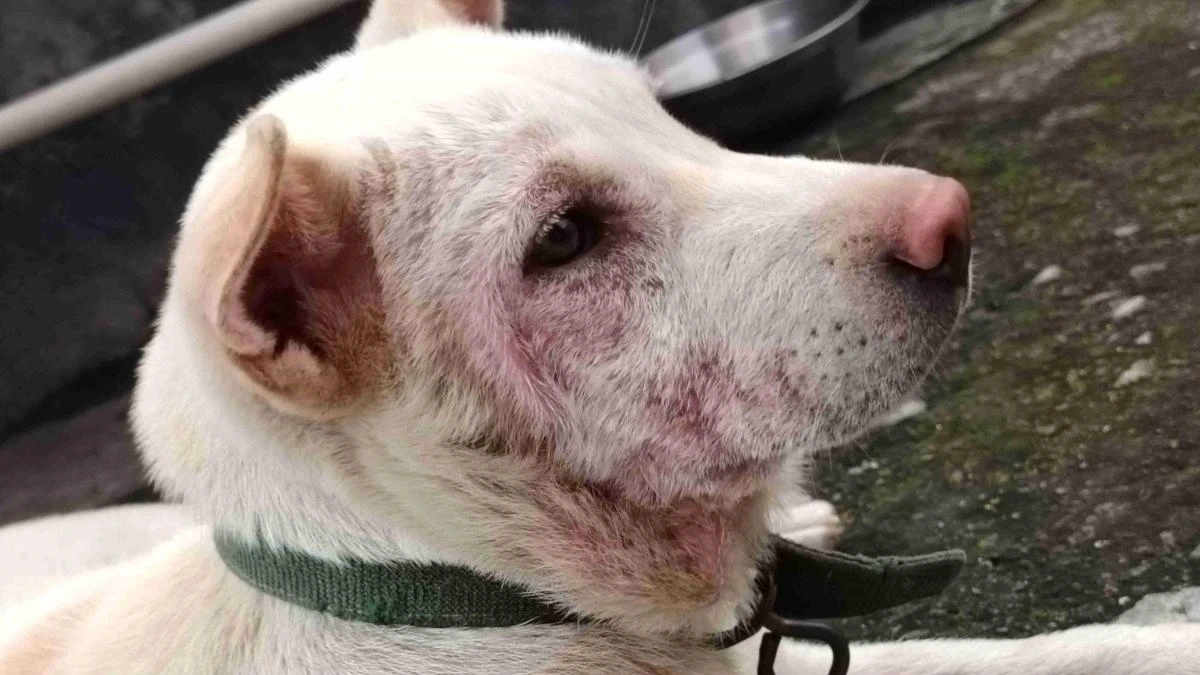
How to Get Rid of Dog Allergies Naturally: Common Mistakes

Dog Allergic Reaction Eye Swelling: Hidden Mistakes to Avoid
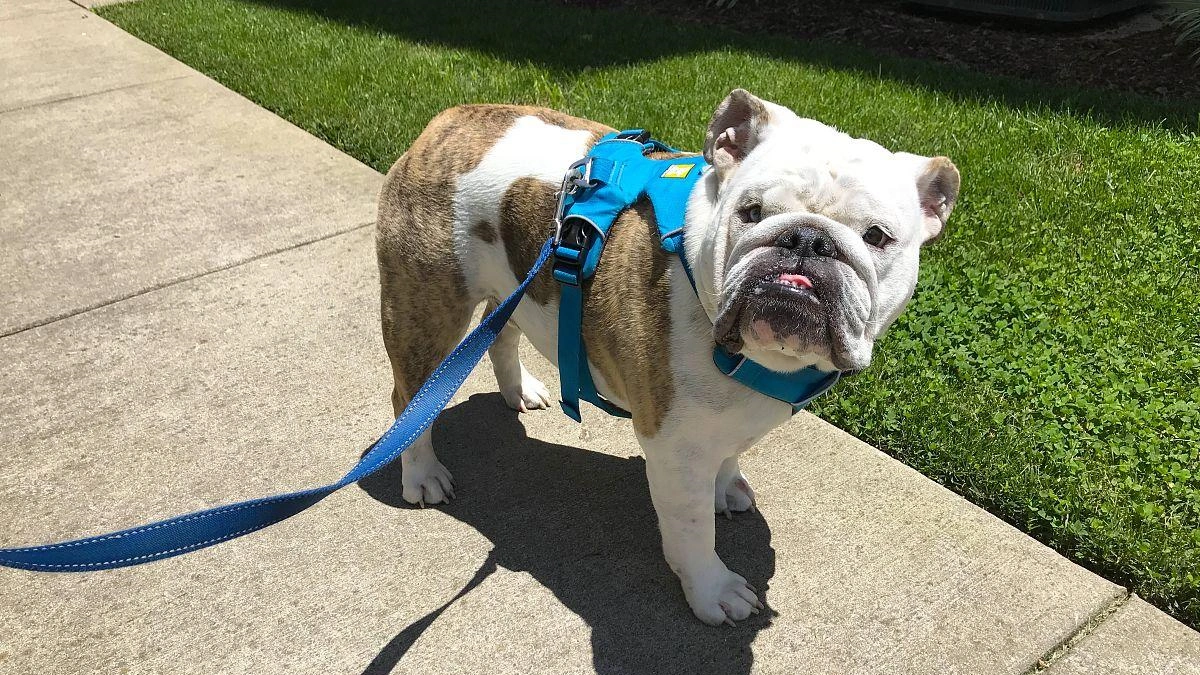
Why Do Bulldogs Scratch? Bulldog Skin Allergies Guide
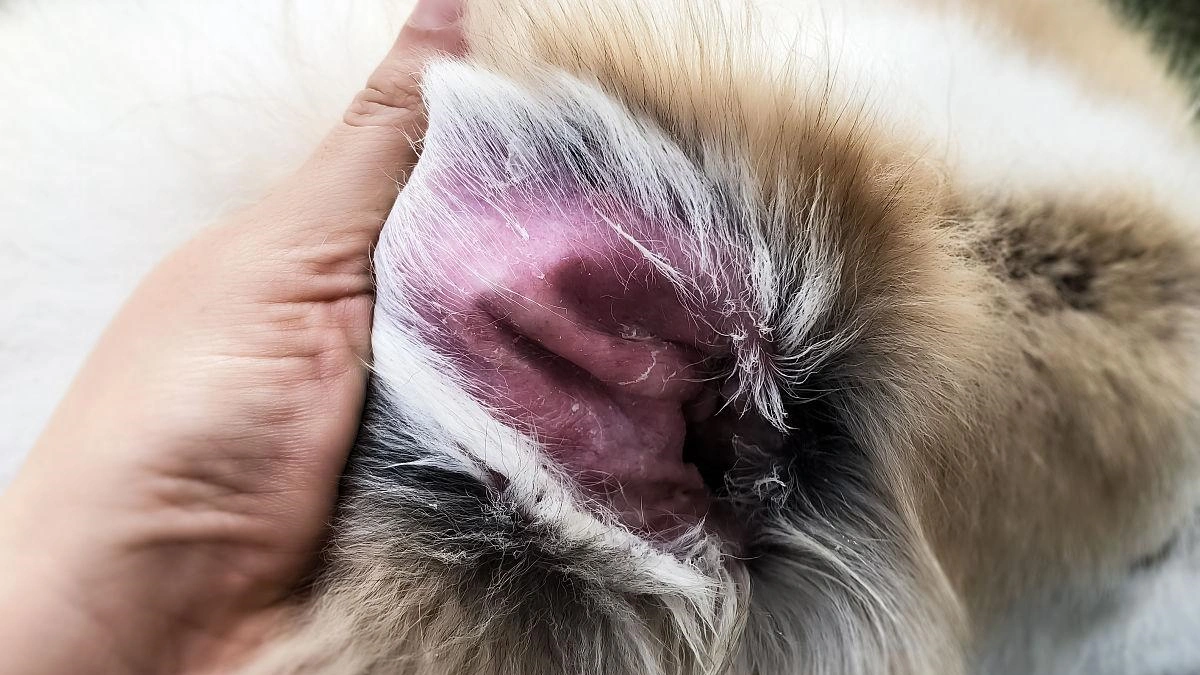
Cure for Dog Skin Allergies Owners Often Miss

How to Get Rid of Dog Allergies Naturally: Common Mistakes

Dog Allergic Reaction Eye Swelling: Hidden Mistakes to Avoid

Why Do Bulldogs Scratch? Bulldog Skin Allergies Guide

Cure for Dog Skin Allergies Owners Often Miss
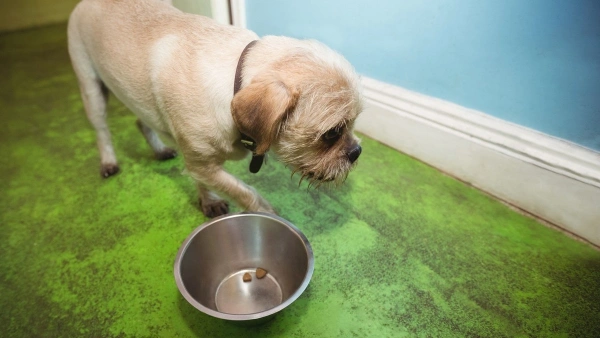
Vet-Recommended Wet Dog Food for Sensitive Stomachs — 2025 Guide
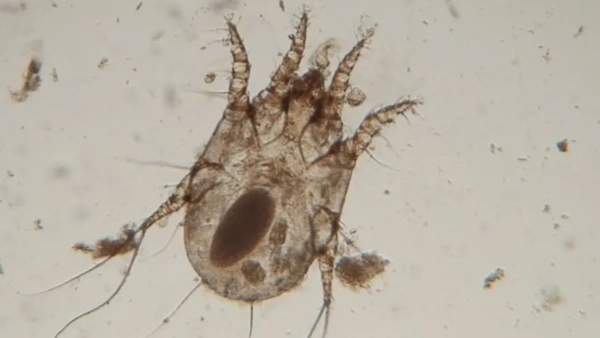
Dog Dust Mite Allergy: Symptoms, Treatment, Prevention

Can Allergies in Dogs Cause Diarrhea and Vomiting? Explained

10 Pitbull Health Problems You Should Know in 2025 — Tips
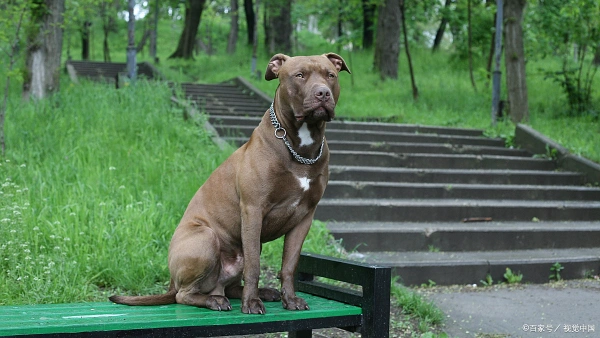

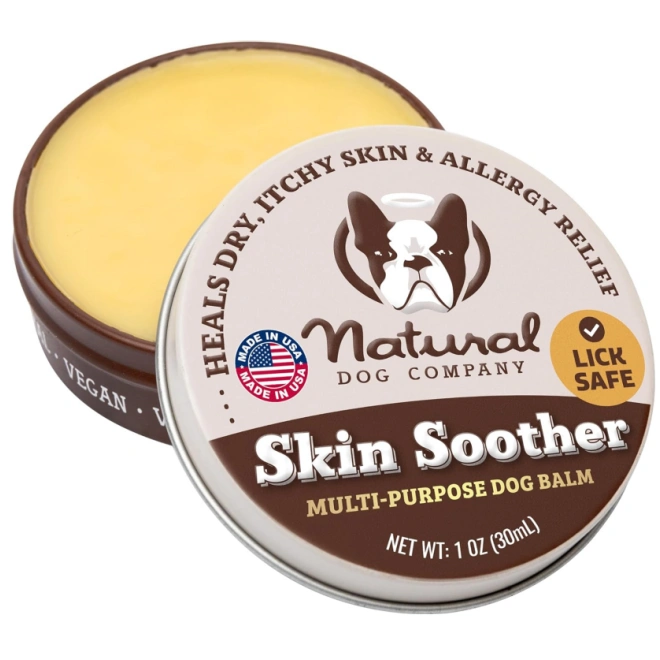
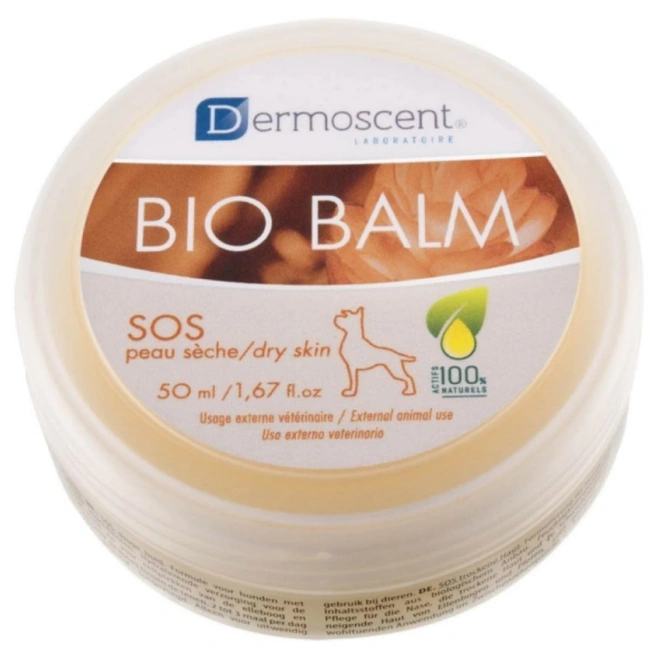
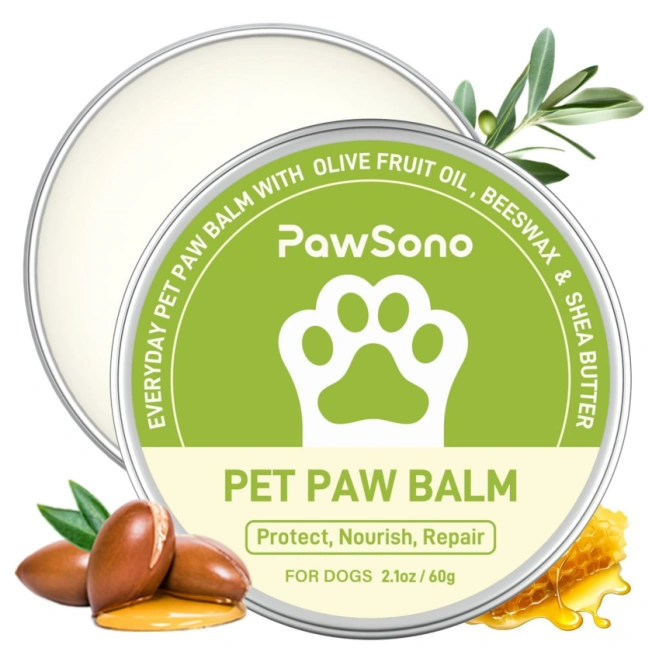









Leave a Reply